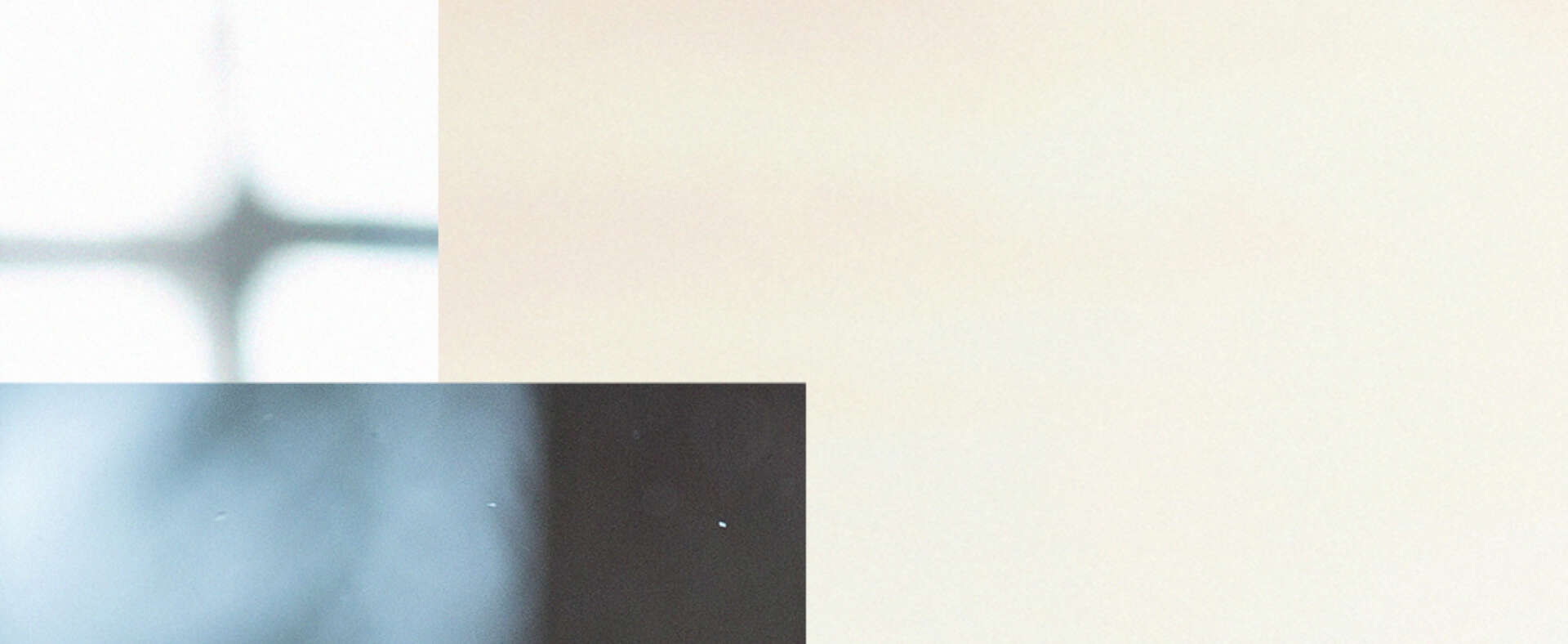WRITTEN BY: Annika Pham
Increased gender parity and a record film distribution support were some of the highlights of 2017.

Increased gender parity and a record film distribution support were some of the highlights of 2017.
In 2017, the Fund invested a record NOK 95.1 million in production, distribution support and cultural initiatives. Out of the 63 projects that received production support, 41% were produced by women only, and 13% had a combination of men/women producers.
Gender parity was improved across all funding for feature film, TV drama and documentary films compared to the previous year, most notably in producing as the share of women only producers reached 41% against 35% in 2016. In addition, a number of projects had men and women sharing the production role.
Women directors represented 32% of all projects supported, up 5% from 2016, and women writers only accounted for 29% of the films and TV dramas supported against 23% in 2016.
Fiction support represented 77% of Nordisk Film & TV Fond’s annual spend of NOK 71,750,000, a 3% drop from 2016. Still more projects were supported: 26 feature films and 15 TV dramas, against 26 films and 9 TV dramas in 2016.
Among the films supported were the Swedish comedy hit Solsidan-the Movie by Felix Herngren and Måns Herngren and the Berlinale 2018 competition entry U-July 22 by Norwegian director Erik Poppe.
High profile drama series that received funding include DR’s expat drama Liberty, selected for Berlinale Series 2018, NRK’s oil-related drama State of Happiness (Lykkeland), official competition entry at the first Canneseries, and Miso Film/TV2 Denmark's crime drama Warrior (Kriger), in competition at Series Mania.
Within fiction, 36% of the funding went to Drama series and 19% to Children and Youth projects.
Documentary support was stable with 22 production grants (21 in 2016), accounting for 11% of Nordisk Film & TV Fond’s overall funding. Award-winning films supported include The Deminer by Hogir Hirori and The Distant Barking of Dogs by Simon Lereng Wilmont.
Distribution and dubbing support increased significantly, from around NOK 6 million in 2016 to nearly 9 million in 2017, mirroring the Fund’s enduring strategy to promote Nordic content across the region and different platforms, in a fast-changing environment. Distribution grants accounted for 9% of the Fund’s overall funding and a total of 63 films were supported (as single distribution and slate distribution), against 51 in 2016 and 43 in 2015.
Films that received distribution support could be split into three categories:
The Nordisk Film & TV Fond Prize and its SEK 200,000 cash prize rewarding the Best Nordic TV drama Screenwriter(s), was launched in January 2017 to focus on the quintessential role of screenwriters in the global boom of Nordic TV drama. The award handed out during the Göteborg Film Festival went to Mette M. Bølstad and Stephen Uhlander for the Norwegian TV series Nobel.
Among the other annual initiatives co-organised or administered by the Fund, Nordic Talents was held for the 17th time. The Nordic Talents Pitch Prize went to Anita Beikpour for the documentary I Believe I Can Fly and the Special Mention to Thora Lorentzen’s docu series Absolute Beginners, two projects from National Film School of Denmark alumni.
The winner of the 2017 Nordic Council Film Prize was Finland’s Little Wing by Selma Vilhunen.
A comprehensive TV Drama Series Report focusing on 21 Nordic TV shows produced between 2011-2016, provided invaluable data about the ability of Nordic TV dramas to cross borders and viewing habits across the Nordic region. Interesting findings were that women, with a higher education, are among the most avid viewers of Nordic TV shows outside the country of origin, and Iceland is where Nordic dramas achieve the highest ratings.
To view the full report, CLICK HERE.